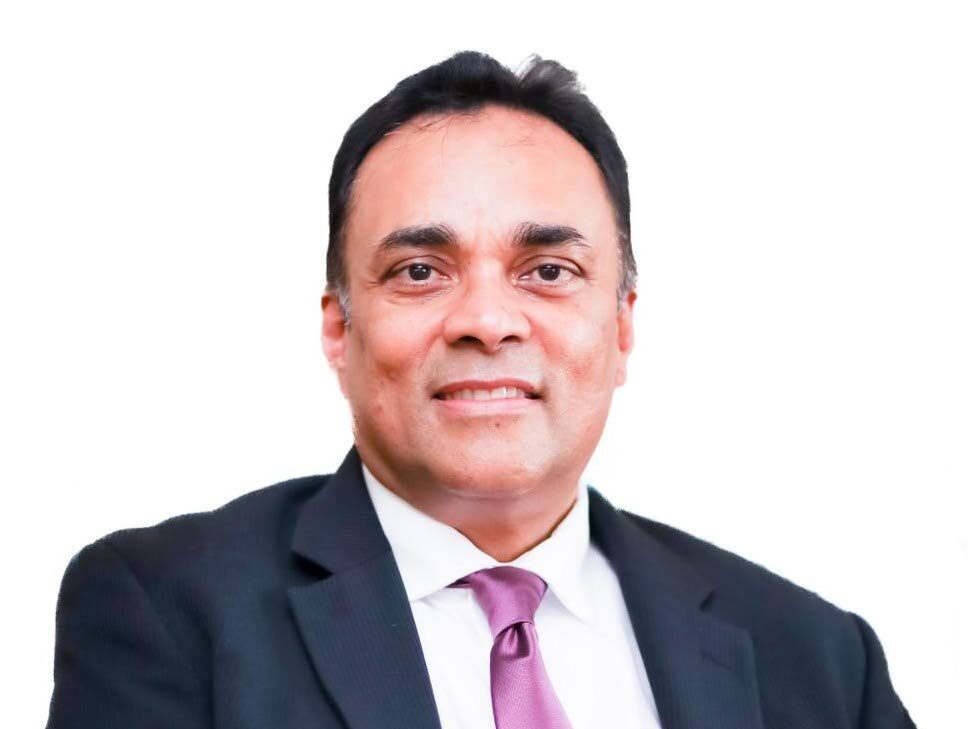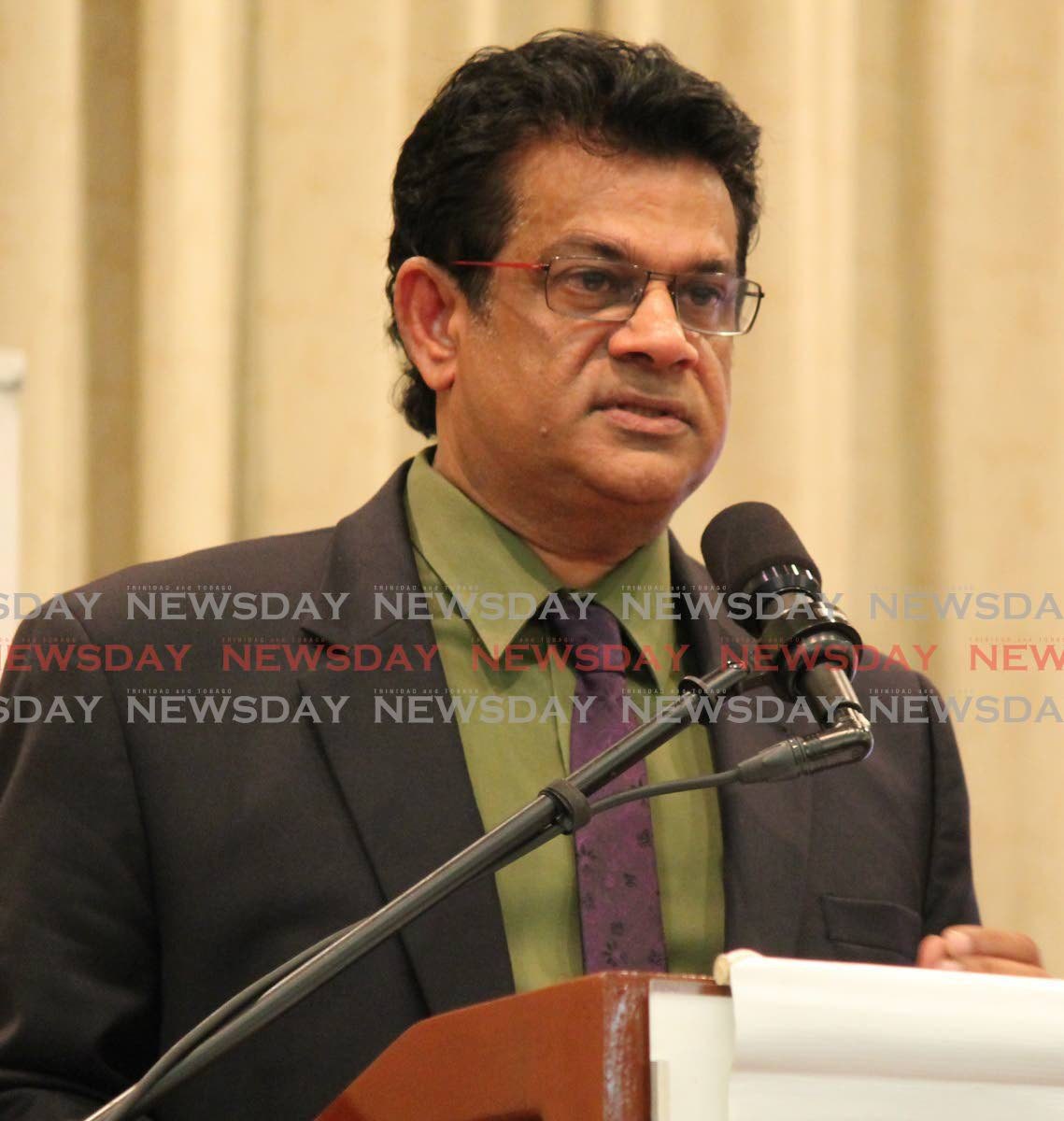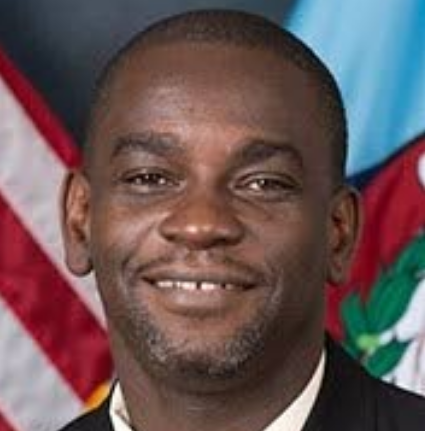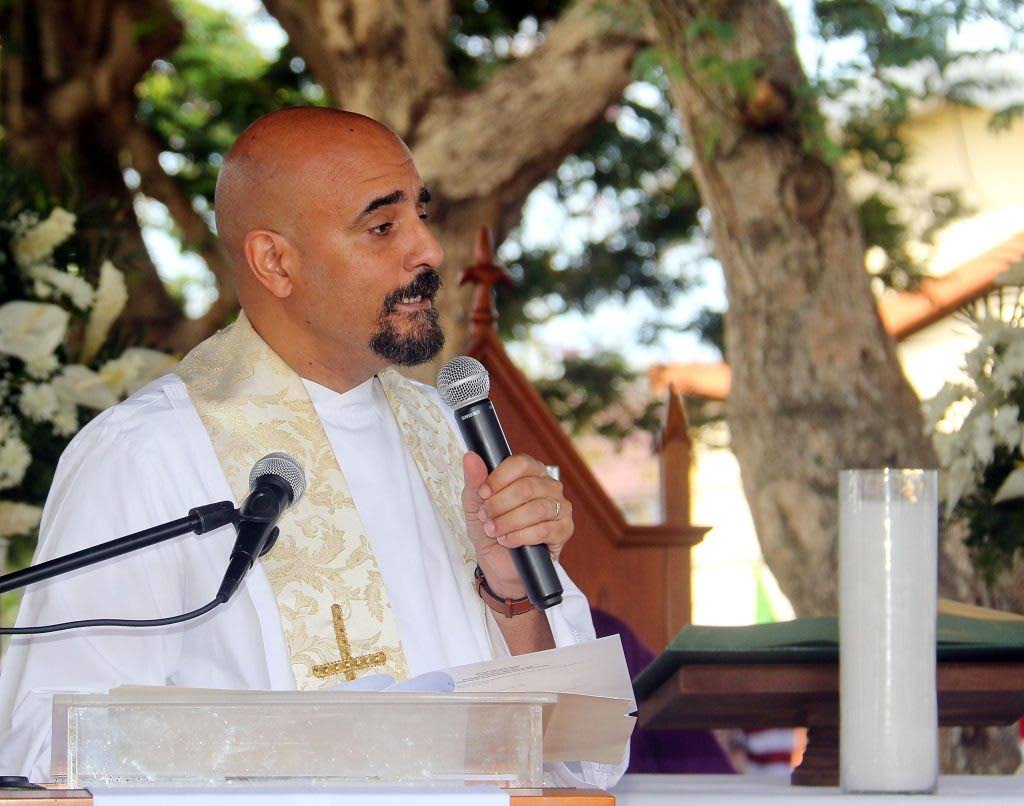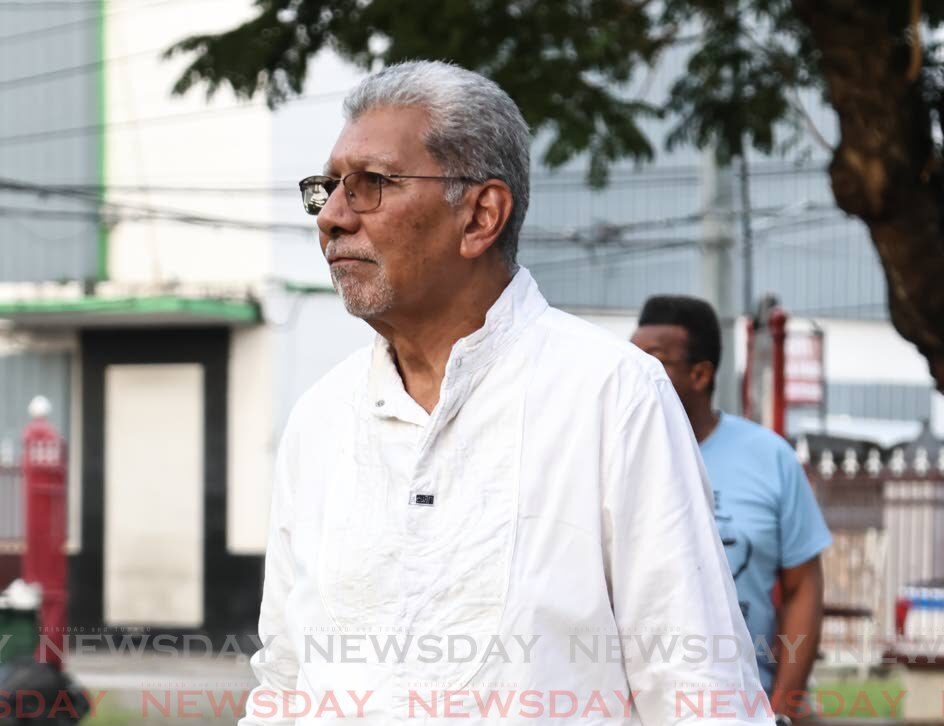In a significant ruling affirming military autonomy in personnel decisions, Justice Devindra Rampersad of the High Court has dismissed a judicial review claim filed by Coast Guard Lieutenant Jeffery Hernandez, who challenged the denial of his promotion based on unresolved disciplinary concerns.
The court determined that military authorities acted lawfully and rationally in considering Hernandez’s overall suitability for advancement, particularly regarding serious fraternization allegations dating to 2016. While acknowledging Hernandez met technical qualifications including seniority and examination requirements, Justice Rampersad emphasized that promotion within the Coast Guard remains discretionary and contingent on comprehensive suitability assessments beyond mere technical compliance.
The case centered on allegations that Hernandez, while serving as a training officer, maintained an inappropriate relationship with an officer cadet under his supervision, violating Defense Force fraternization policies. Although no court-martial determination had been reached on the four disciplinary charges filed in 2016, the court found commanding officers were justified in considering the institutional implications of these unresolved matters when evaluating promotion readiness.
Justice Rampersad’s ruling established a crucial distinction between punitive disciplinary proceedings and evaluative promotion decisions, noting that the presumption of innocence in criminal contexts does not prevent military leaders from assessing whether pending matters affect confidence in an officer’s fitness for higher command. The court found no evidence of unlawful, irrational, or procedurally improper conduct by promotion authorities.
The judgment also rejected Hernandez’s claim of legitimate expectation, noting the absence of any clear representation or settled practice guaranteeing automatic promotion based solely on seniority or examination results. The court accepted evidence that officers promoted ahead of Hernandez had met all eligibility requirements at relevant times.
Legal representation included Arden Williams, Mariah Ramrattan and Anthony Moore for Hernandez, while the state was represented by Natoya Moore and Raquel Le Blanc, instructed by Savitri Maharaj and Chelsea Downes.
